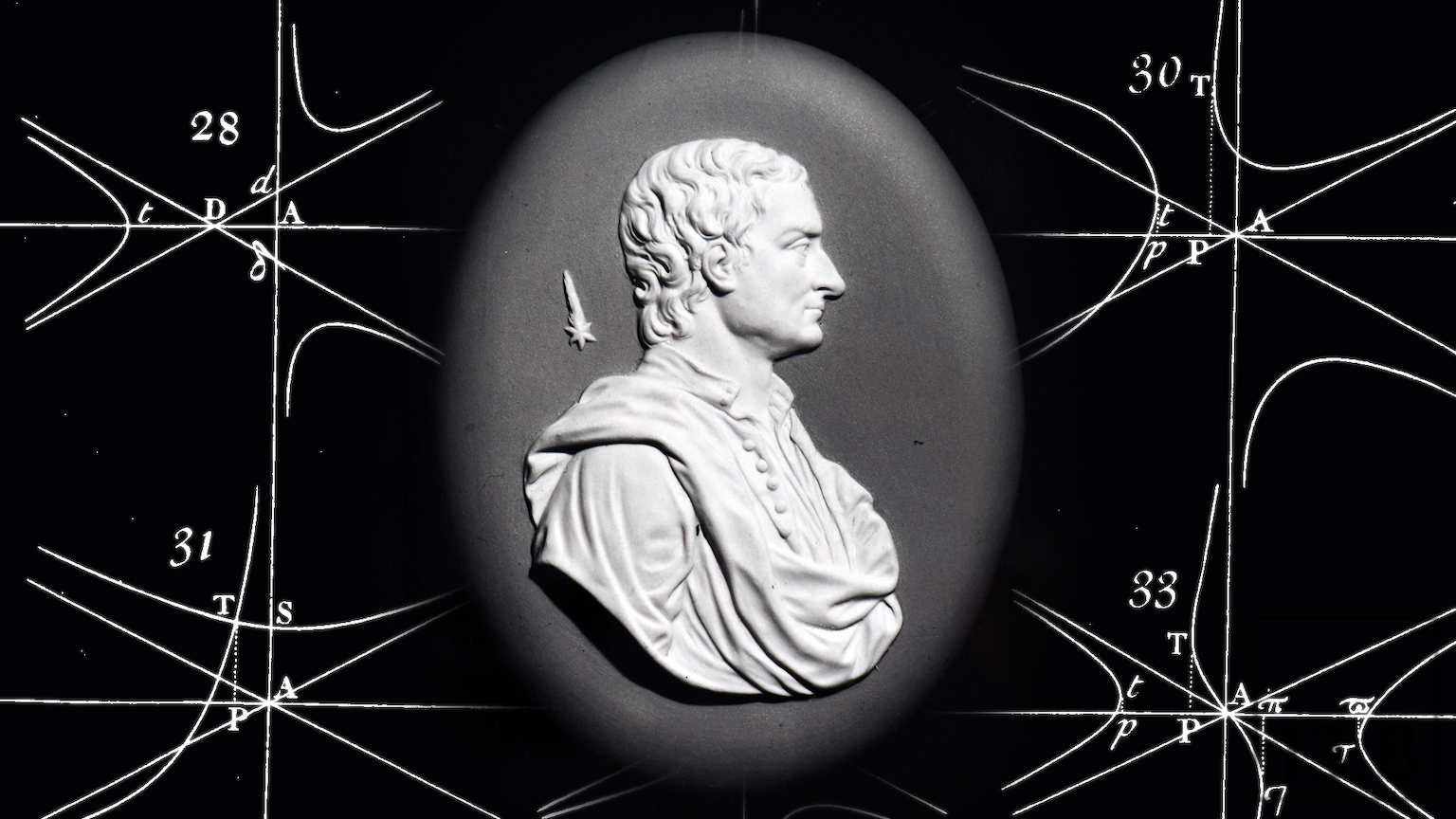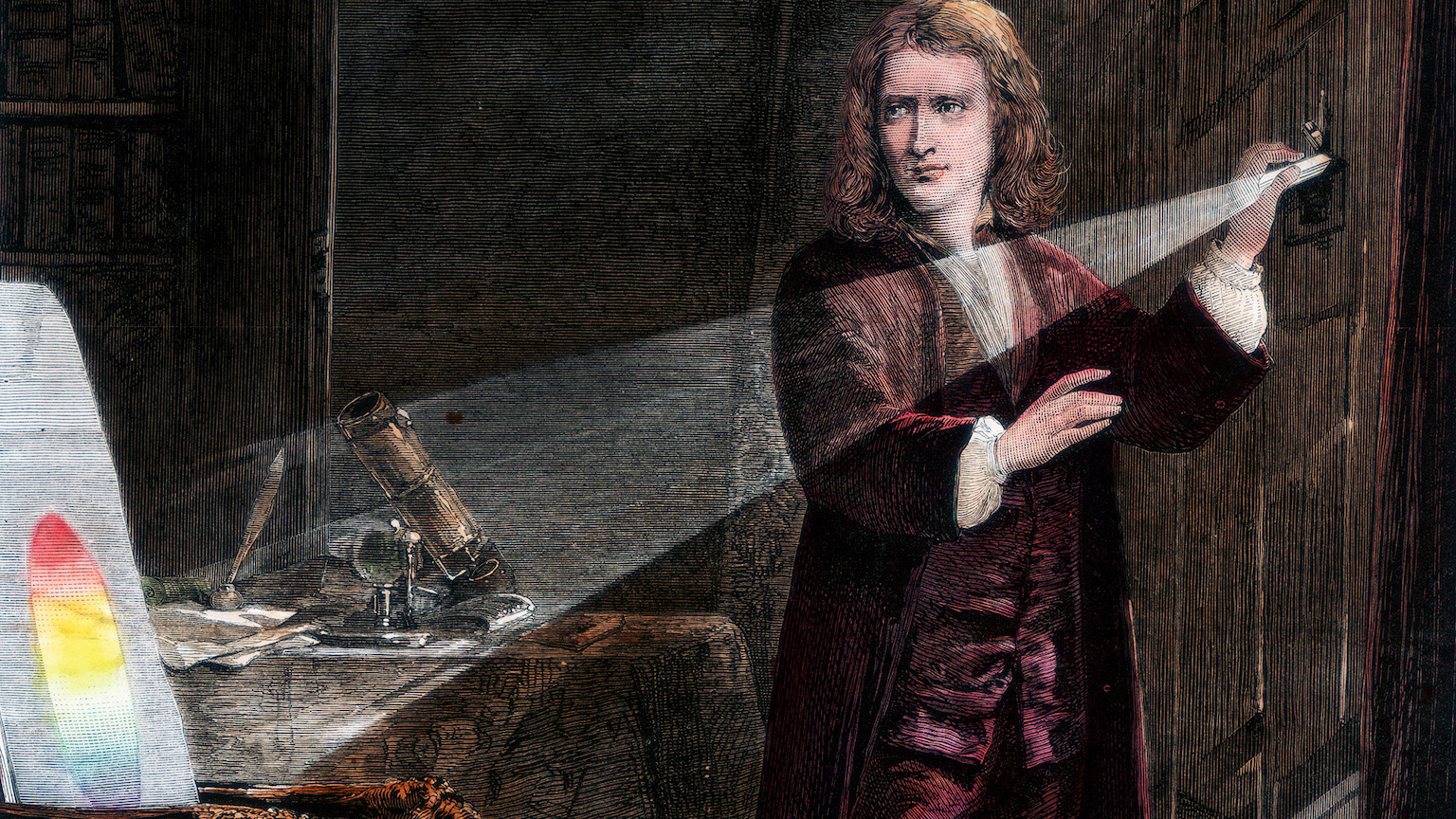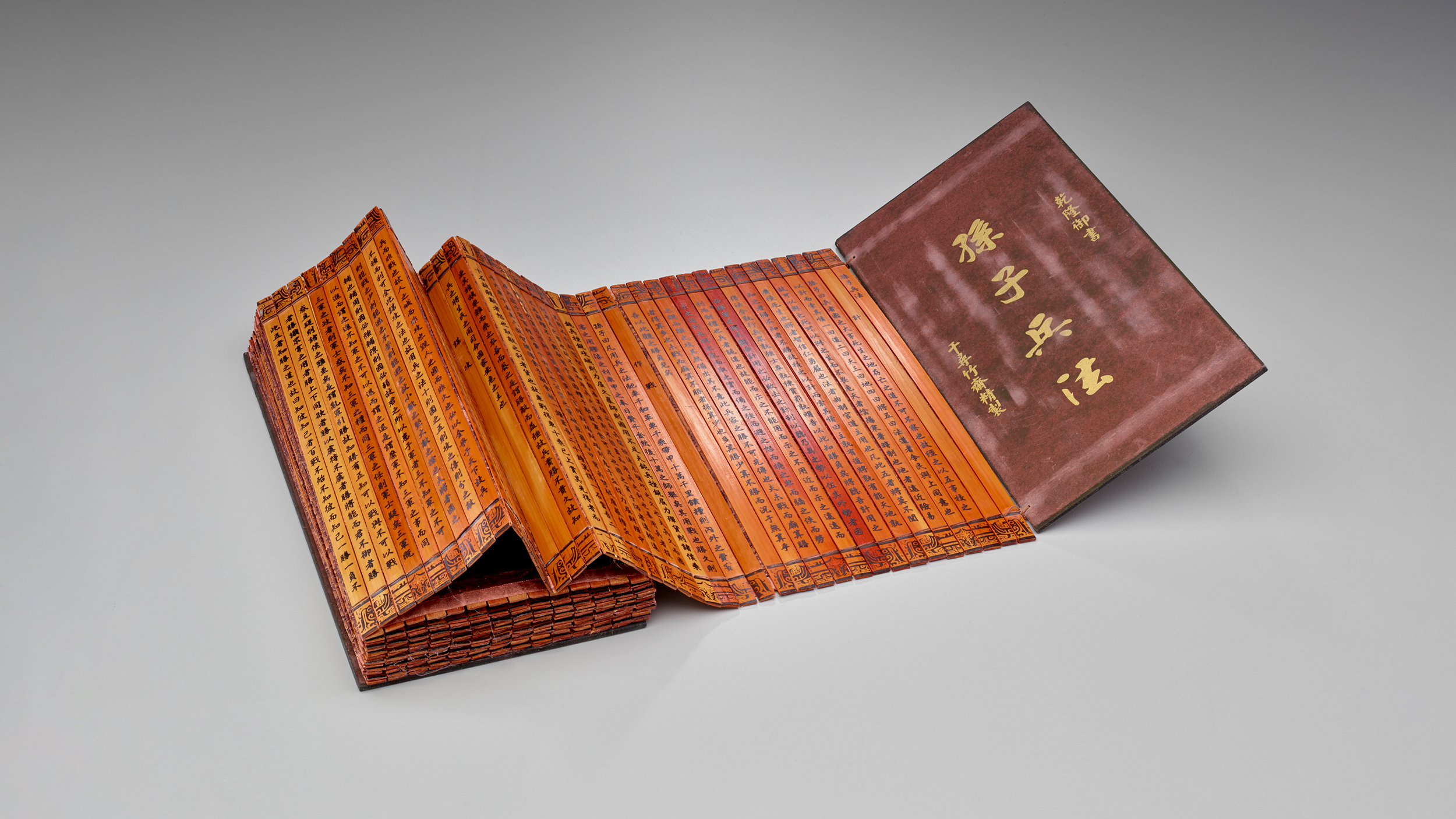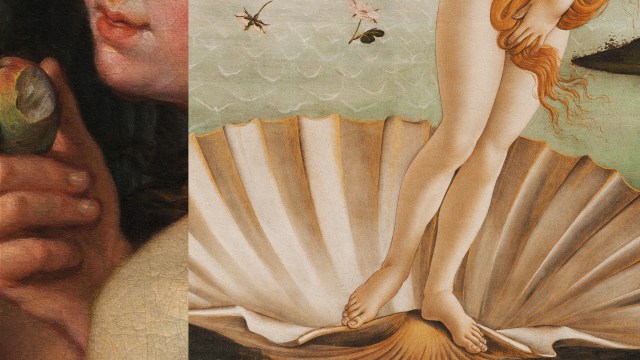Who was the smartest person in the world?
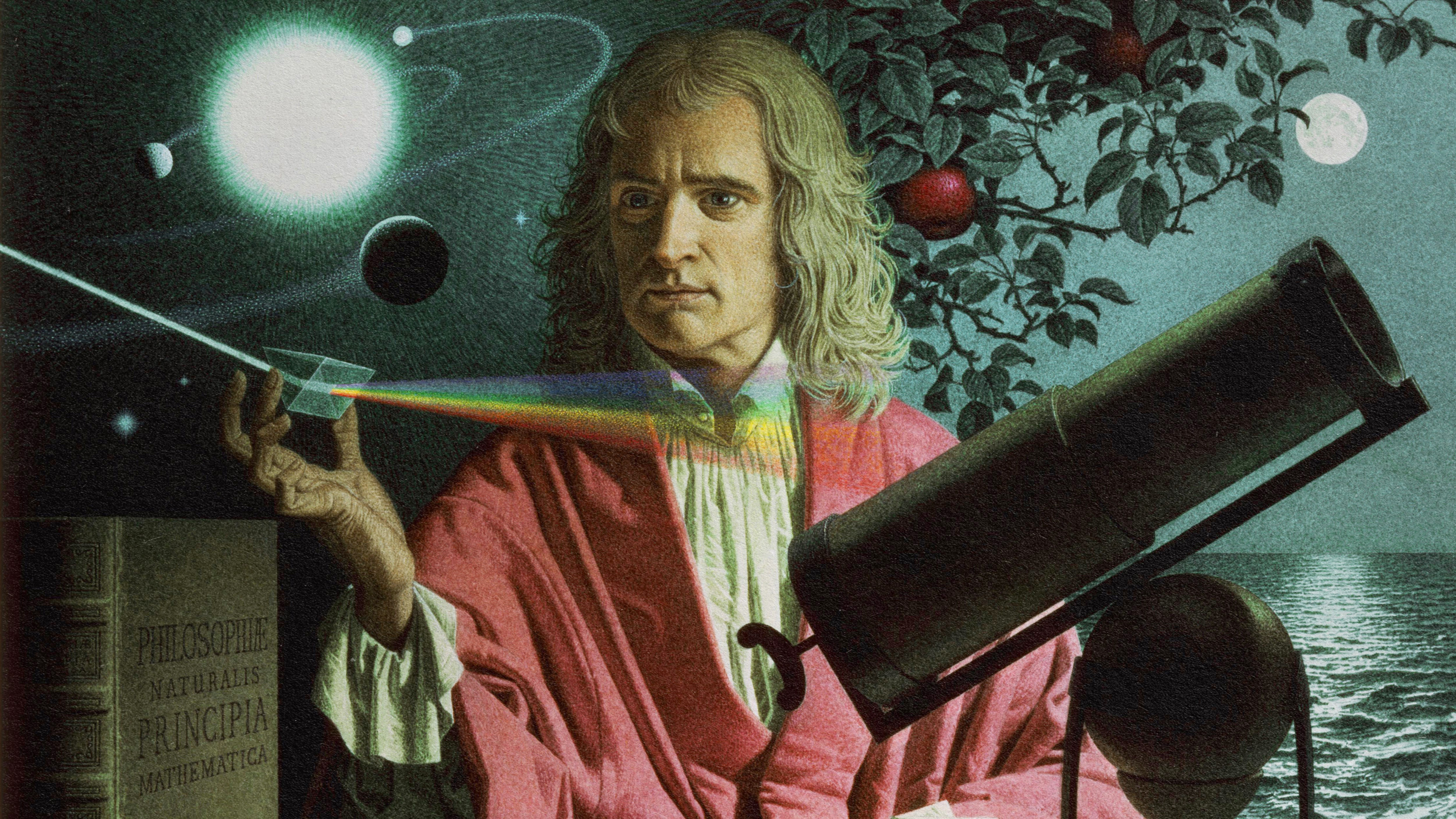
- A truly smart person is not only intelligent but knowledgeable and creative.
- Isaac Newton — a mathematician, physicist, inventor, economist, and theologian — was the smartest person ever to have lived.
- His unparalleled brilliance, however, came at a very steep cost.
Who was the smartest person in the world? There are certainly many worthy contenders. Today, the very name of “Einstein” is synonymous with genius. Others may suggest Stephen Hawking. Those who appreciate literature and music may proffer William Shakespeare or Ludwig van Beethoven. Historians may recommend Benjamin Franklin.
What do we mean by “smart”?
Before I submit my own suggestion, we must first discuss what we even mean by smart. Colloquially, we routinely interchange the words smart and intelligent, but they are not necessarily the same thing. There is an ongoing debate among psychologists, neuroscientists, and artificial intelligence experts on what intelligence actually is, but for our purposes here, a simple dictionary definition will suffice: “capacity for learning, reasoning, understanding, and similar forms of mental activity; aptitude in grasping truths, relationships, facts, meanings, etc.”
Implicit in this definition of intelligence is general knowledge. An intelligent person capable of understanding quantum mechanics is useless to society if he is completely ignorant. So, a truly smart person will know a lot of things, preferably about many different topics. He should be a polymath, in other words.
Finally, there is the element of creativity. Creative people think in ways most other people do not. Where society sees a dead end, a creative person sees an opportunity.
Which person from history was the bodily manifestation of intelligence, knowledge, and creativity? Isaac Newton.
Isaac Newton’s unparalleled brilliance
What was Newton’s IQ? It’s impossible to say. IQ tests didn’t exist in the 17th Century, and if they had, Mr. Newton certainly would not have deigned to spend 90 minutes filling out ovals on a multiple choice test. Besides, he likely would have finished the test early and then spent the remaining time correcting errors and devising more difficult questions.
Nobody doubts that Isaac Newton was an intelligent man, but he also exhibited in spades the two other characteristics outlined above: knowledge and creativity.
Newton was a true polymath. Not only did he master physics and mathematics, but he was also a theologian. He was obsessed with eschatology (end-times prophecy), and he calculated — based on his interpretation of the Bible — that Jesus Christ would return to Earth in 2060. His dedication to religion was so great that, according to Nature, more than half of his published writings were on theology.
He also became well-versed in alchemy. Do not hold that against him. Many great scientists of his time believed that any metal could be transmuted into gold. The Economist explains why the notion was not entirely unreasonable in Newton’s time:
“Alchemical theories were not stupid. For instance, lead ore often contains silver and silver ore often contains gold, so the idea that lead ‘ripens’ into silver, and silver into gold, is certainly worth entertaining. The alchemists also discovered some elements, such as phosphorous.”
Furthermore, later in life, Newton dabbled in economics. James Gleick, author of the truly excellent biography Isaac Newton, wrote that “[h]e wrestled with issues of unformed monetary theory and international currency.” As Master of the Mint, Newton was tasked with tracking down currency counterfeiters, which he did, as Gleick wrote, “with diligence and even ferocity.” He showed no pity in his relentless pursuit of justice. When notorious counterfeiter William Chaloner attacked Newton’s personal integrity, he doubled down his efforts to catch him. Mental Floss reports:
“Acting more the grizzled sheriff than an esteemed scientist, Newton bribed crooks for information. He started making threats. He leaned on the wives and mistresses of Chaloner’s crooked associates. In short, he became the Dirty Harry of 17th-century London.”
Newton’s sleuthing worked. Chaloner was caught and hanged.
Impressive as all that, what truly separates Newton from other luminaries was his unparalleled creativity. He created multiple tools that simply never existed before. For example, in order to study acceleration, the change in velocity, a tool beyond basic algebra was required. That tool, called the derivative, is the most basic function in calculus. It didn’t exist in the 17th century. Newton invented it.
In order to find the area beneath a curve, another tool beyond basic algebra was needed. That tool, called integration, is the second most basic function in calculus. Like the derivative, it did not exist in the 17th century. So, Newton invented it. He also invented a reflecting telescope and the ridges on coins, which serve as an anti-theft measure that prevents “coin clipping.”
Newton’s inventiveness is perhaps best summarized by the epigraph to Gleick’s biography, which was written by his niece’s husband in 1726:
“I asked him where he had it made, he said he made it himself, & when I asked him where he got his tools said he made them himself & laughing added if I had staid for other people to make my tools & things for me, I had never made anything…”
The steep cost of genius
Sadly, despite his fame, Isaac Newton led a very lonely life. His incomparable brilliance came at a hefty cost; his reclusive and anti-social nature strongly suggest that he was autistic, and his obsessive and disagreeable nature suggest mental illness, perhaps obsessive-compulsive disorder. Mental Floss not-so-charitably describes Newton as suffering from “everything”:
“[H]istorians agree he had a lot going on. Newton suffered from huge ups and downs in his moods, indicating bipolar disorder, combined with psychotic tendencies. His inability to connect with people could place him on the autism spectrum. He also had a tendency to write letters filled with mad delusions, which some medical historians feel strongly indicates schizophrenia.”
The more I study Isaac Newton, the more fascinating he becomes. In my opinion, the genius of the precocious boy from Woolsthorpe has never been, nor ever will be, surpassed.
This article is adapted from a version originally published on RealClearScience.
